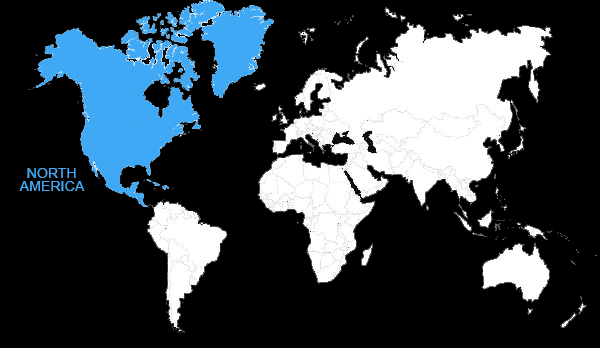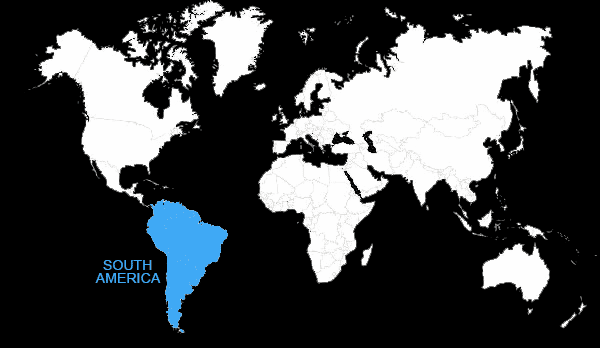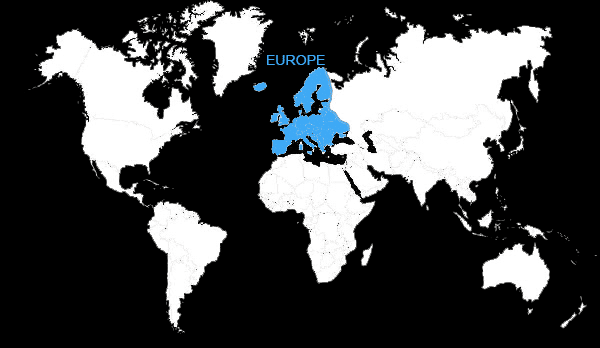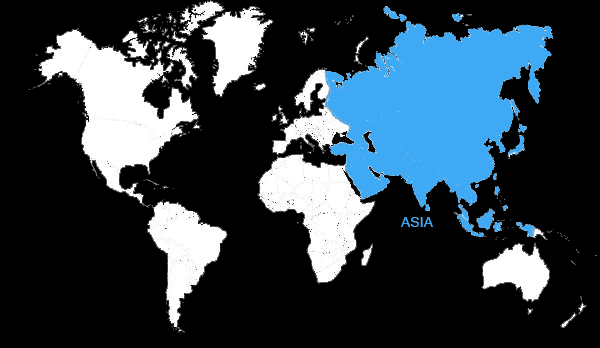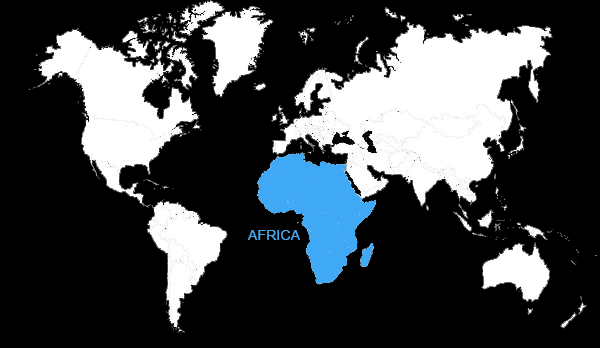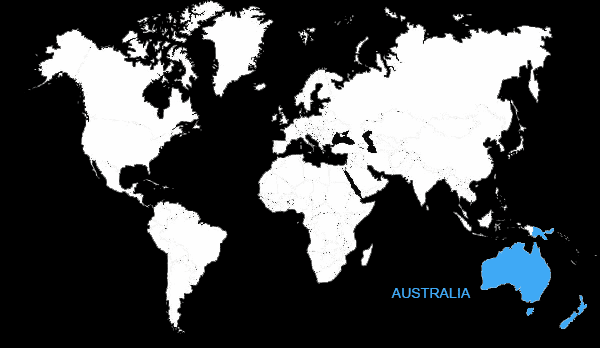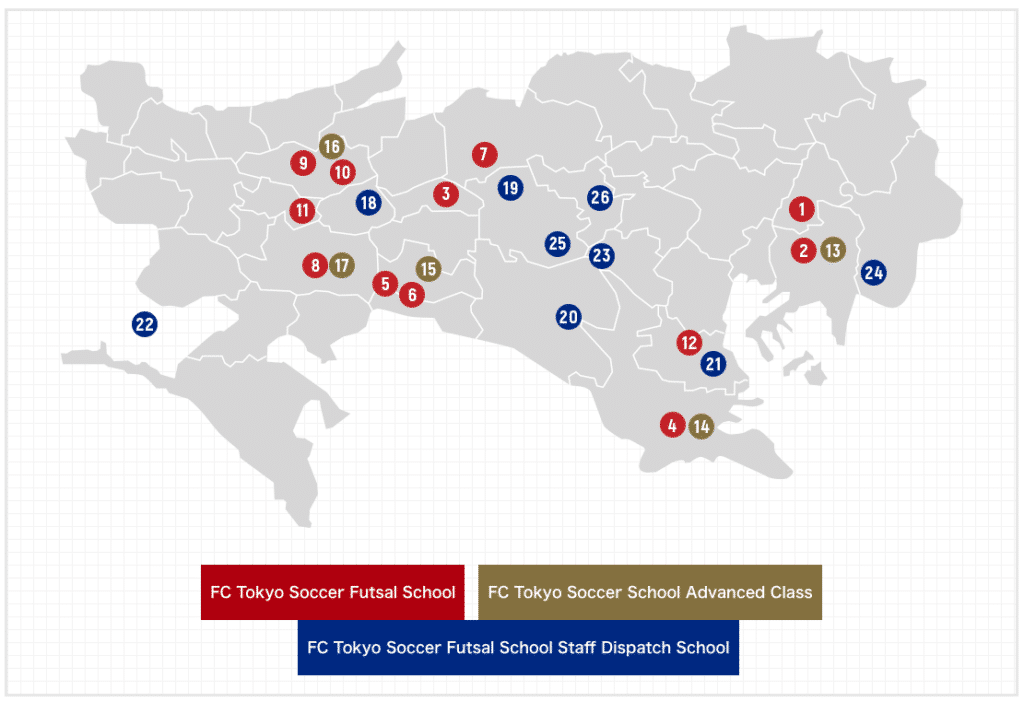FC Tokyo Tryouts
Football Club Tokyo, commonly known as FC Tokyo (FC東京, Efushī Tōkyō), is a Japanese professional football club based in Chōfu, Tokyo. The club plays in the J1 League, which is the top tier of football in the country.
FC Tokyo Youth Development System
Academy
FC Tokyo will develop independent players who have the mentality of the winner and establish a soccer style that controls offense and defense in order to produce excellent players for the top team.
Top player image
A player with a high level of skill and judgment in the balance of offense and defense, pressure movement, and individuality.
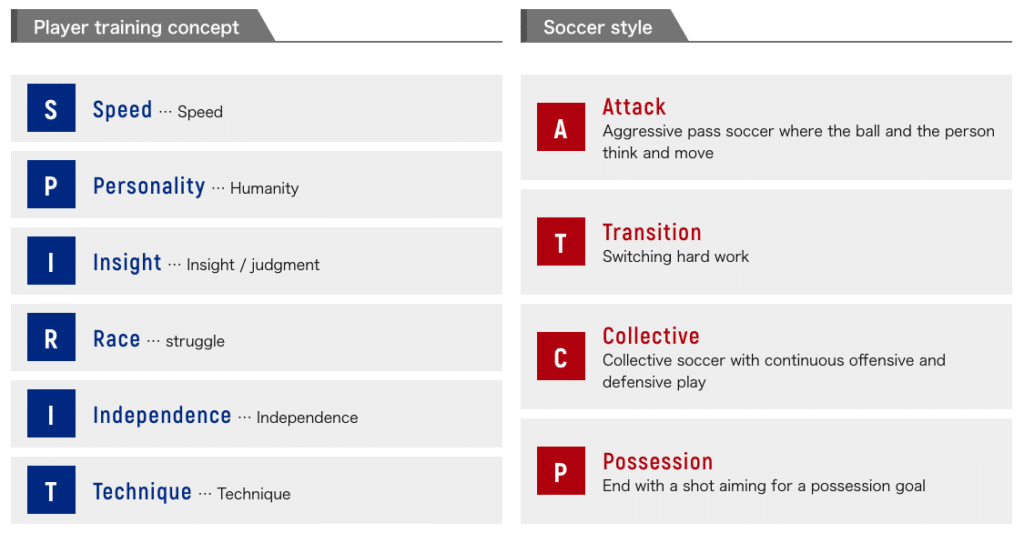
EXPLORE MORE CLUBS!
Explore more professional clubs by continent.
FC Tokyo School
FC Tokyo has opened a school where you can learn about the fun and fun of soccer and futsal according to each person’s purpose, physical strength, and physique. We provide guidance based on the principles of soccer so that we can not only improve individual skills and tactics, but also develop the ability to think and work on our own and to cooperate with our peers.
School details, availability, and registration can be found by clicking here.
History
In 1933, the club was first formed as a corporation team and given the name Tokyo Gas Soccer Club (). Their debut in the national leagues came in the 1991 campaign, which was also the final year of the previous iteration of the Japan Soccer League. The squad progressively became competitive after the signing of the Brazilian football player Amaral and the manager Kiyoshi Okuma at the helm. In 1997, the team ended in second place, and the following year, they won the JFL championship.
However, due to the fact that the team did not meet the requirements for promotion to the J1 league at the time, they were forced to remain in the J2 league. As a result of this, on October 1, 1998, a group of firms including Tokyo Gas, TEPCO, ampm, TV Tokyo, and Culture Convenience Club established a joint venture called Tokyo Football Club Company with the intention of assisting the team in becoming qualified for membership in the J.League.
Due to the fact that the team finished in second place in the J2 league in the same year that it became eligible for competition, it was automatically promoted to the J1 league beginning with the 2000 season. In spite of the general expectation that the squad would barely win enough to stay in the J1, the team managed to win four games in a row starting from the very first game of the season and finished in the seventh slot overall.
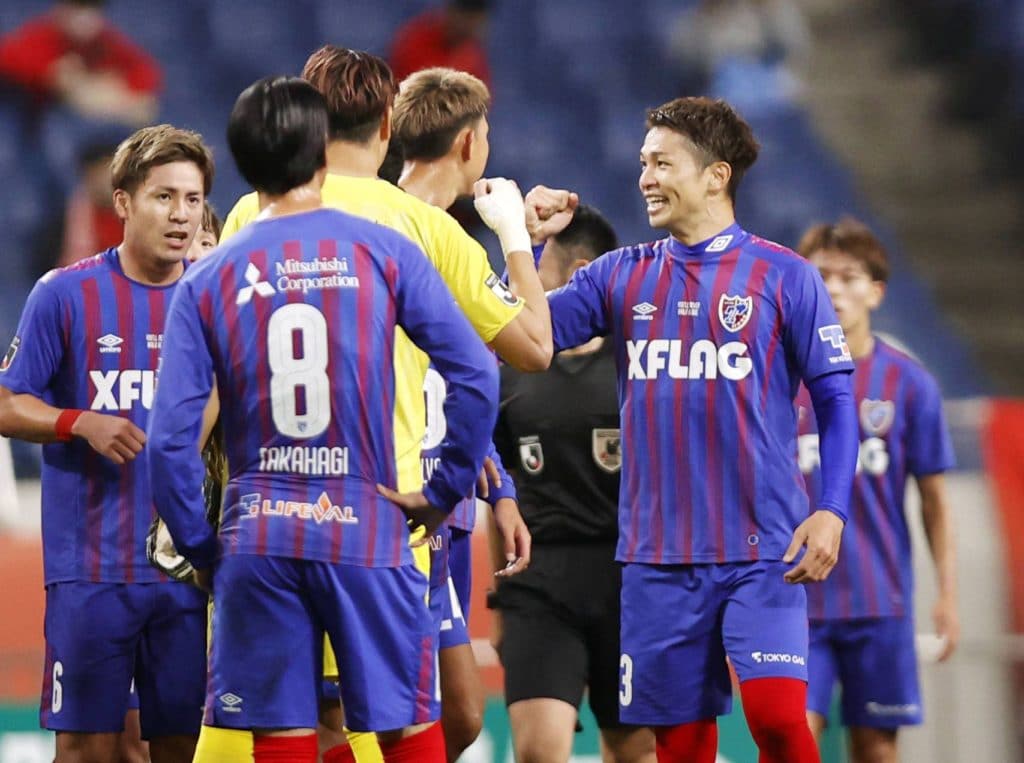
Because of its track record of victories, the venue’s attendance skyrocketed, and it continues to be higher than that of the famous Tokyo Verdy 1969, which relocated its base of operations to Tokyo in 2001 from Kawasaki, Kanagawa. Since 2002, Hiromi Hara has served as the team’s manager, and the group has consistently endeavored to win championships by utilizing formidable offensive play.
The team’s best finish ever came in 2003, when they came in fourth place overall. In August of that same year, it played a friendly match against Real Madrid, which is widely considered to be one of the best football clubs in the world. Despite the fact that they were defeated by a score of 3-0, they learned a lot both on and off the field about what it takes to be a great football club. In 2004, longtime leader Amaral, who was known by his followers as “The King of Tokyo,” decided to leave the squad and go with Shonan Bellmare instead. Yasuyuki Konno, a player for Consadole Sapporo, took his position on the Japanese national football squad at the Olympics in Athens.
It was their first major championship since joining the J.League, and it came in the form of the Yamazaki Nabisco Cup, which they won in November of the same year. In January 2009, after participating in the J.League for the previous ten years without a mascot character, the team decided to adopt Tokyo Dorompa, a figure that resembles a tanuki, as its official mascot.
On December 4, 2010, FC Tokyo needed to win their final game of the season on the road against Kyoto Sanga FC, who had already been demoted. After suffering a loss by the score of two goals to zero, FC Tokyo was relegated to the second division for the first time in 11 years.
Despite this, they were successful in their second effort right away, taking the J2 championship in November of 2011. Before winning the Emperor’s Cup in 2011, FC Tokyo had three previous appearances in the competition’s semifinals: in 1997 (when they were still known as Tokyo Gas), in 2008, and in 2010. The fact that the club was playing in the lower level during the season made their victory in 2011 all the more impressive.
As a result of their success, they were crowned the inaugural J2 champions and the third second-tier winners overall (following in the footsteps of NKK SC in 1981 and Jbilo Iwata in 1982).


